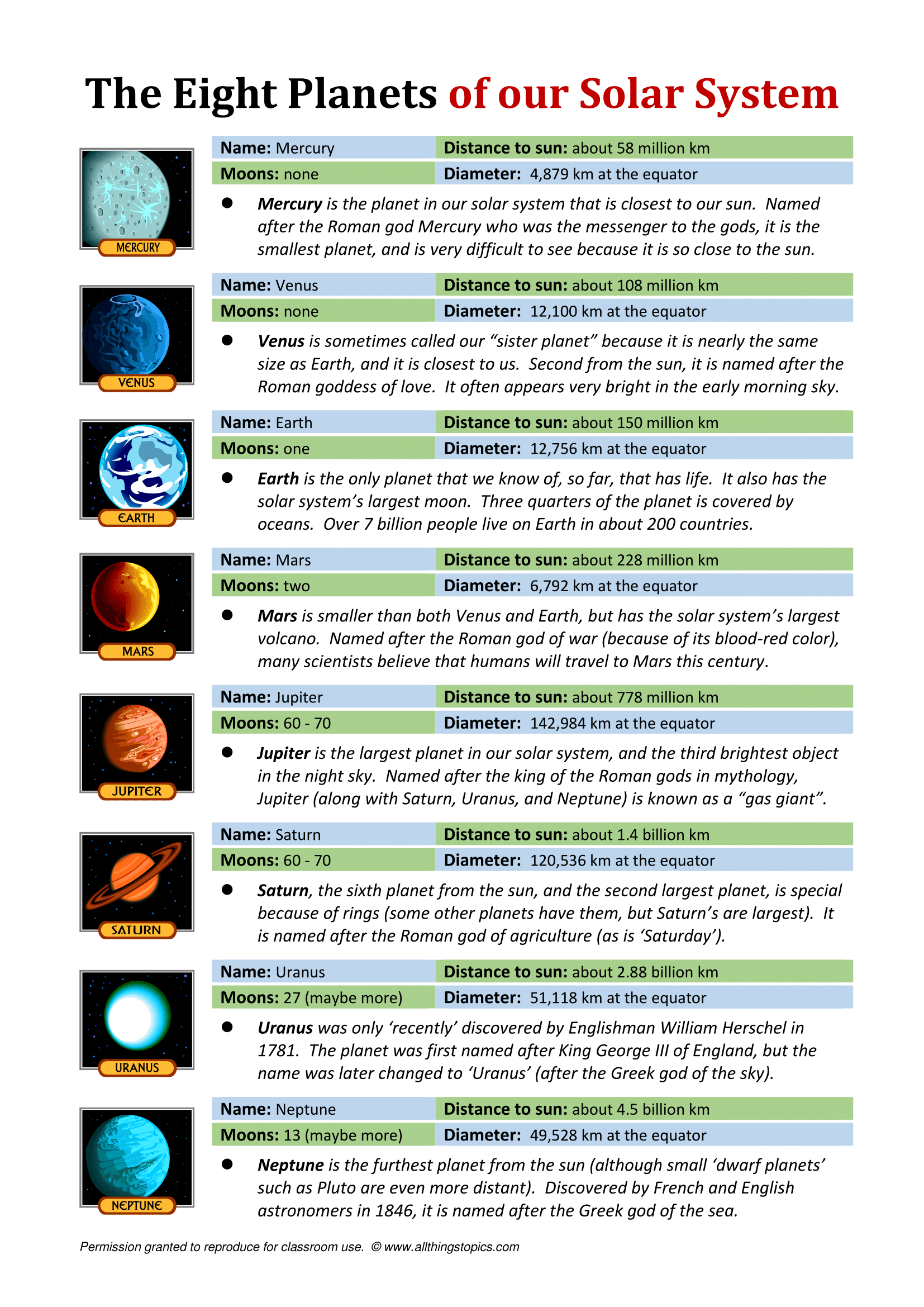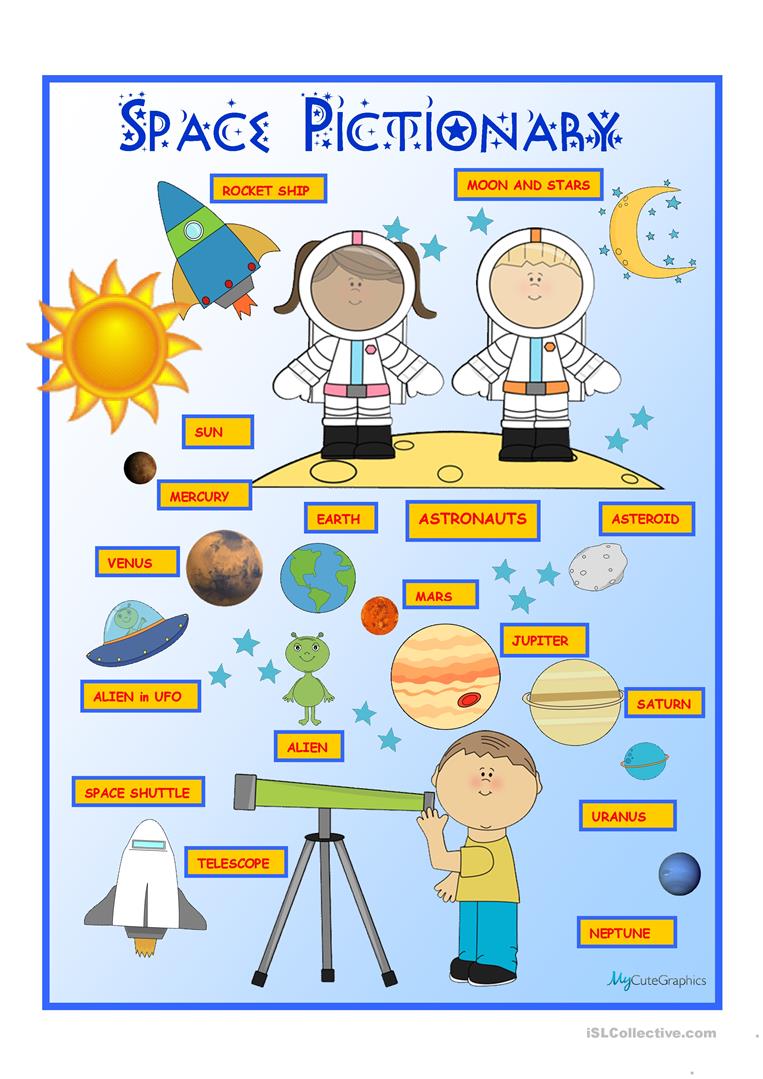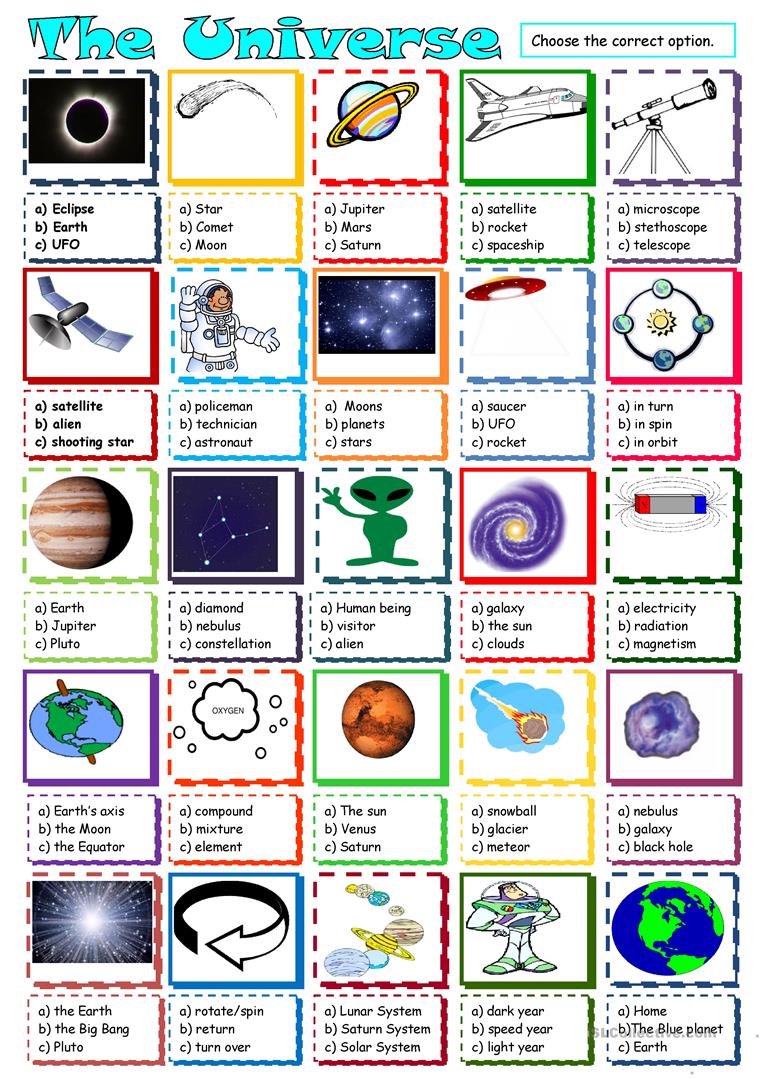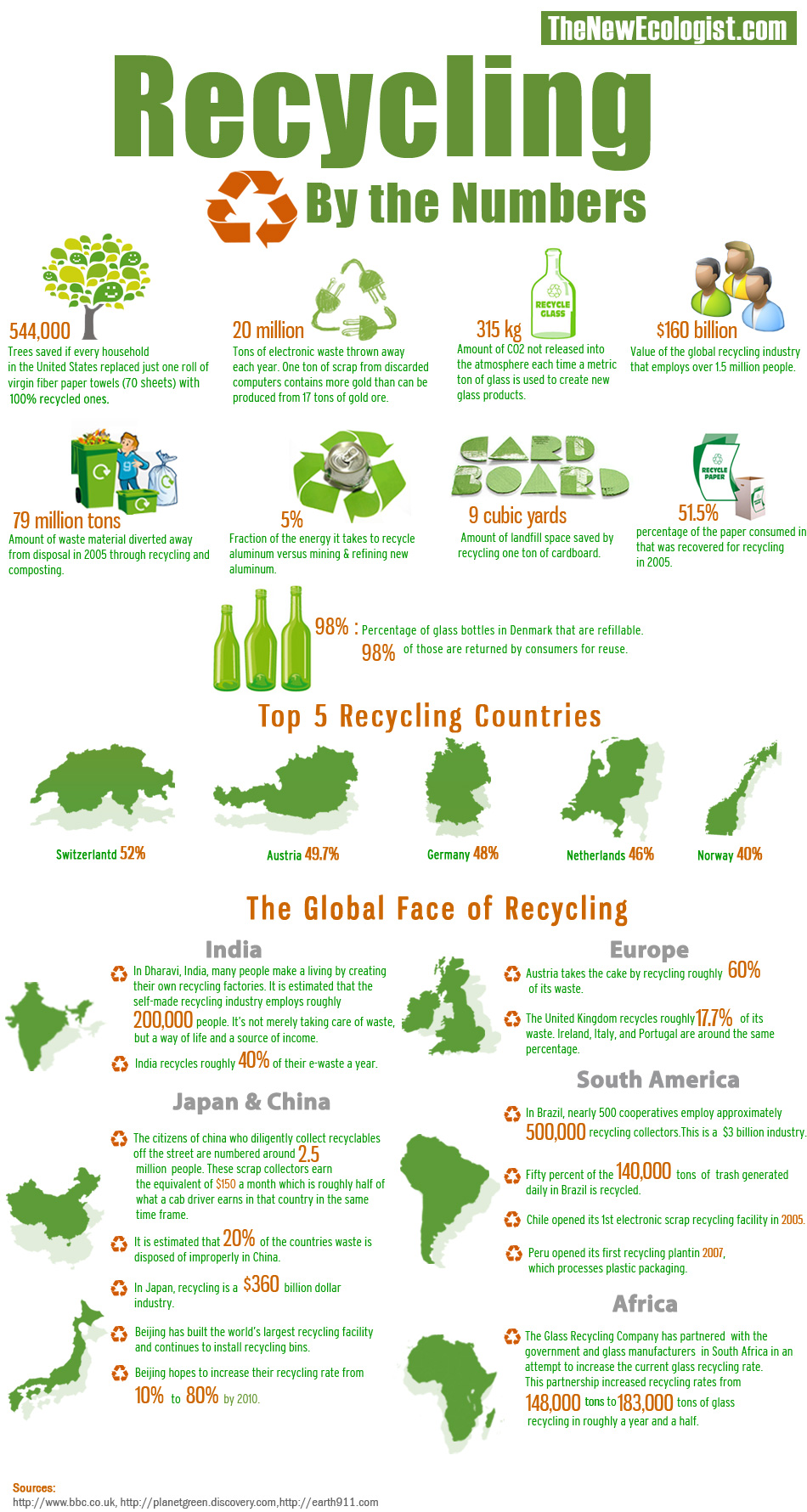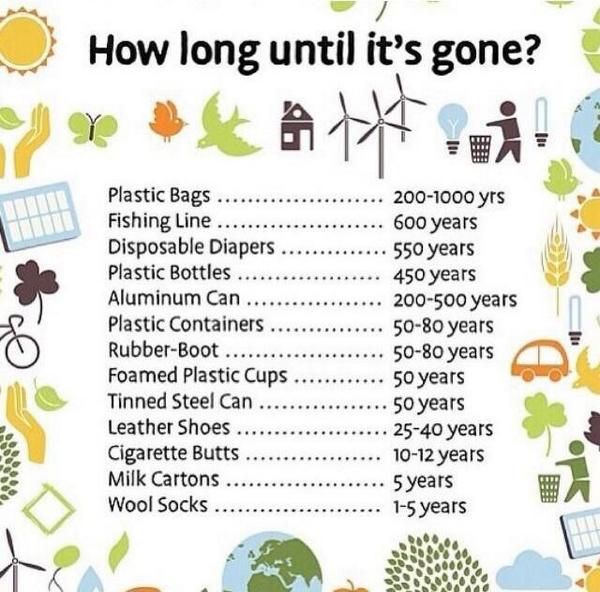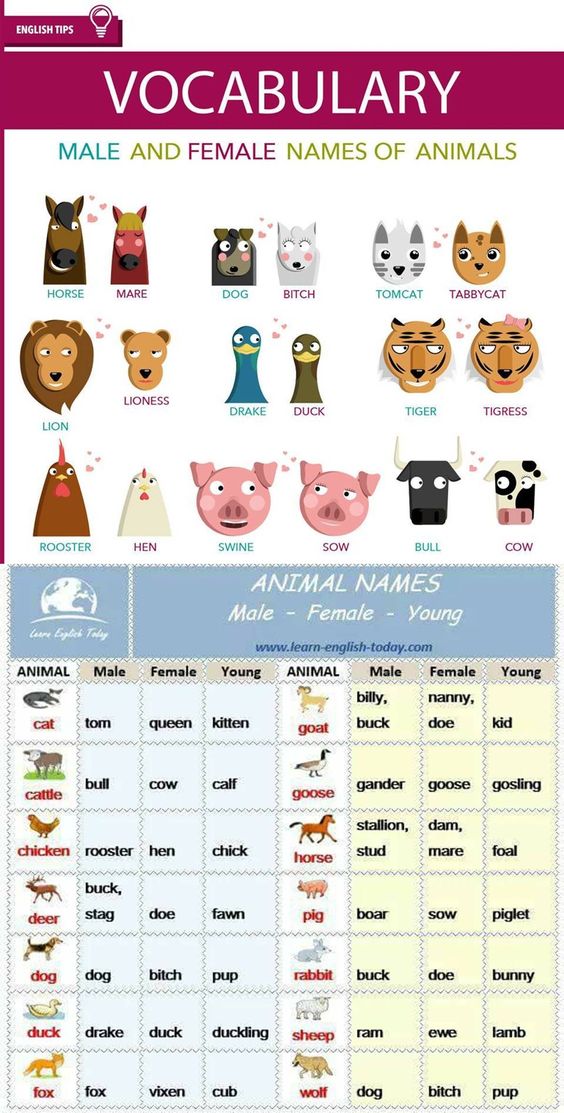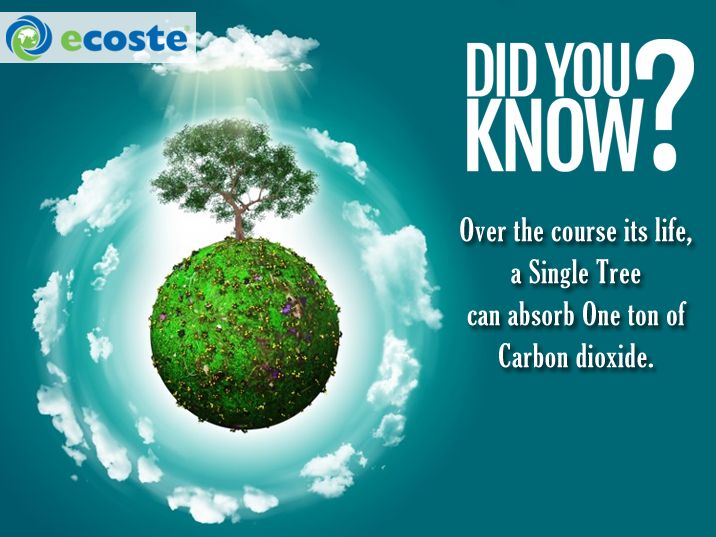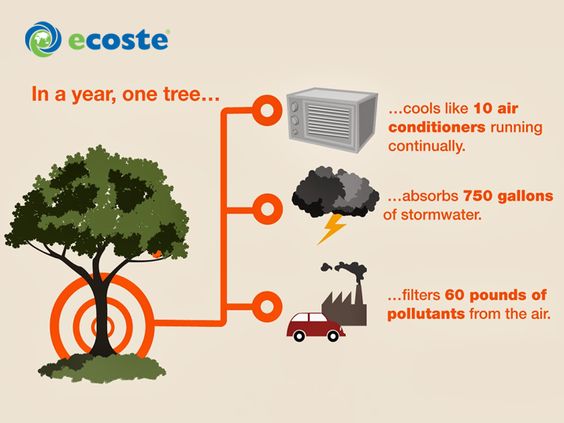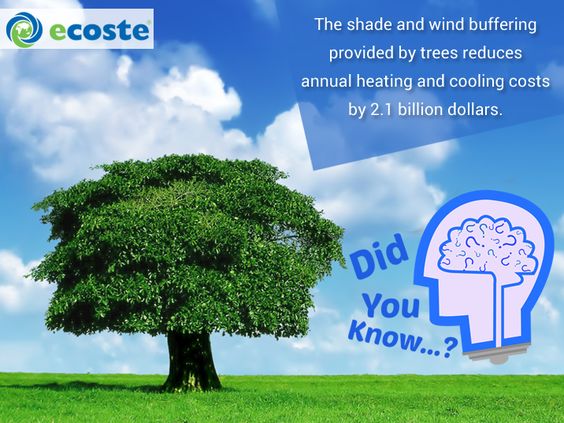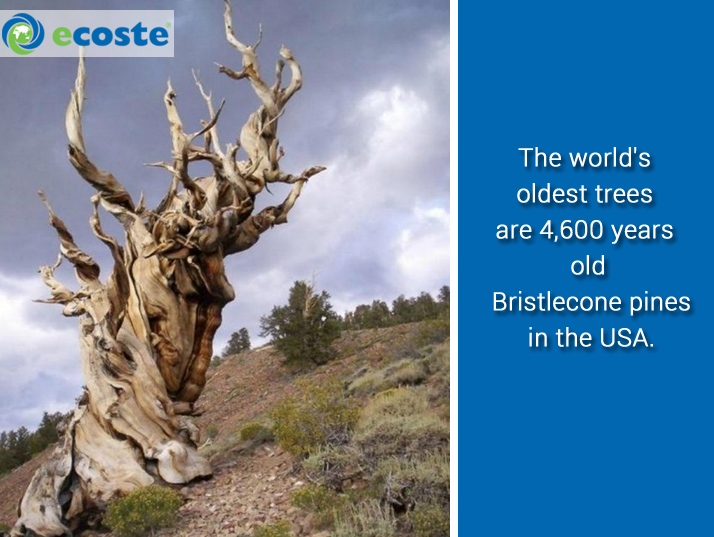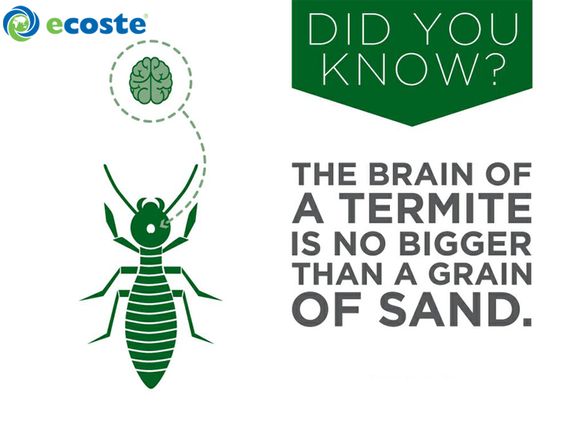Environment
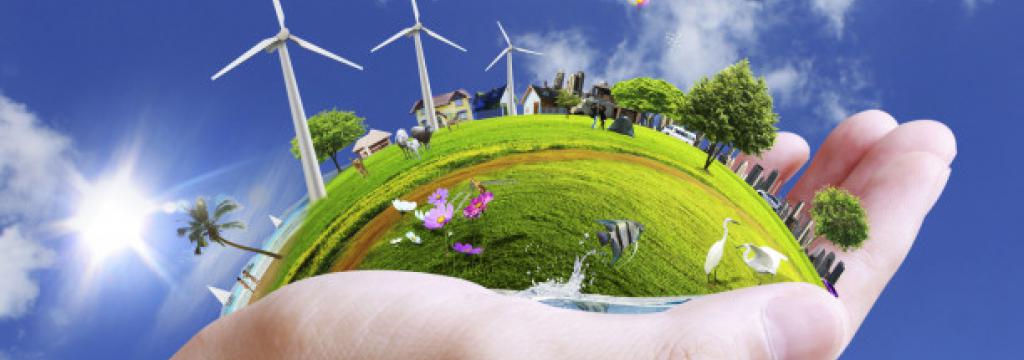
Содержание
Earth Day
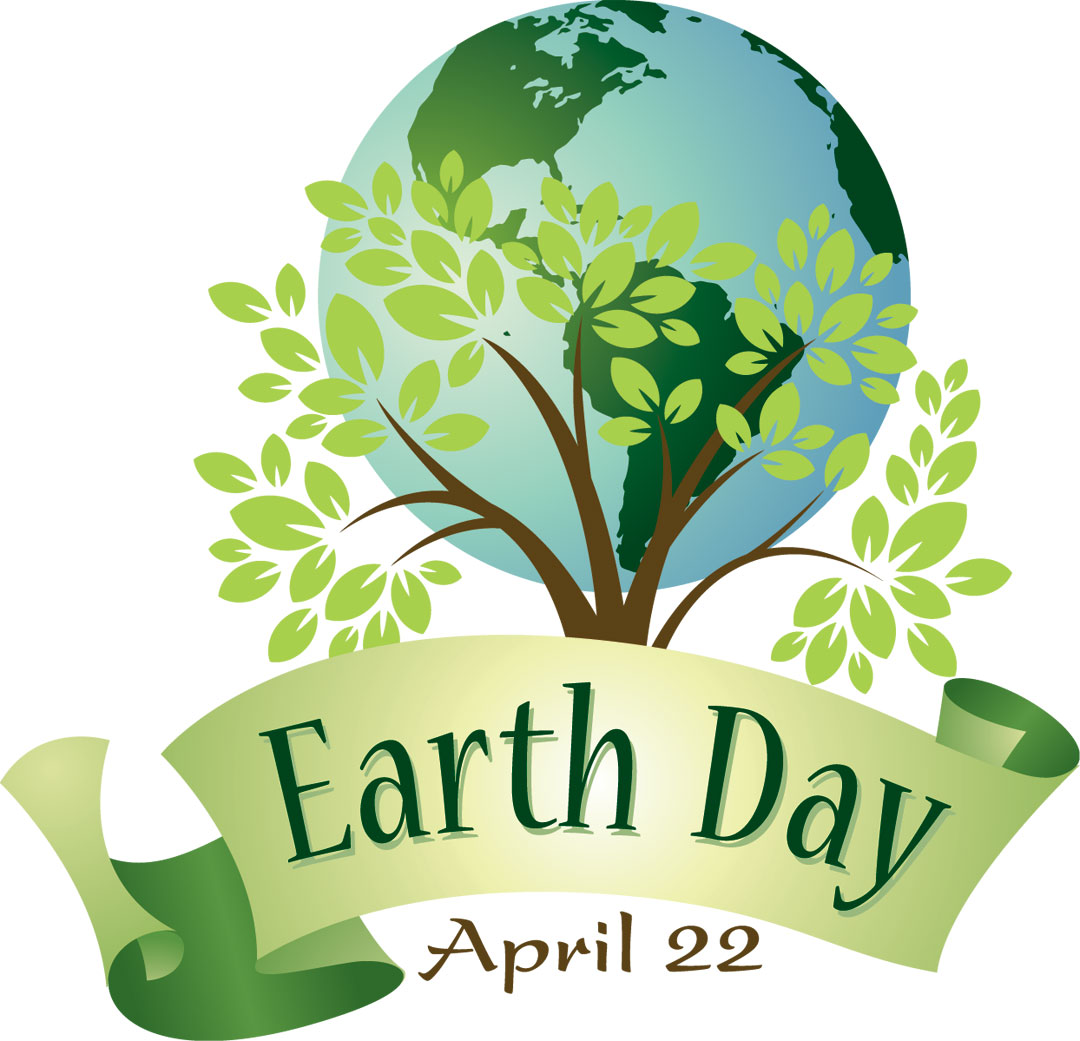
Close to 48 years ago, on 22 April 1970, millions of people took to the streets to protest the negative impacts of 150 years of industrial development. Each year, Earth Day—April 22—marks the anniversary of the birth of the modern environmental movement in 1970. One billion people
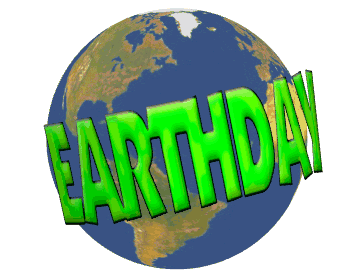
Earth Day is now a global event each year, and more than 1 billion people in 192 countries now take part in what is the largest civic-focused day of action in the world.
It is a day of political action and civic participation. People march, sign petitions, meet with their elected officials, plant trees, clean up their towns and roads. Corporations and governments use it to make pledges and announce sustainability measures. Faith leaders, including Pope Francis, connect Earth Day with protecting God’s greatest creations, humans, biodiversity and the planet that we all live on.
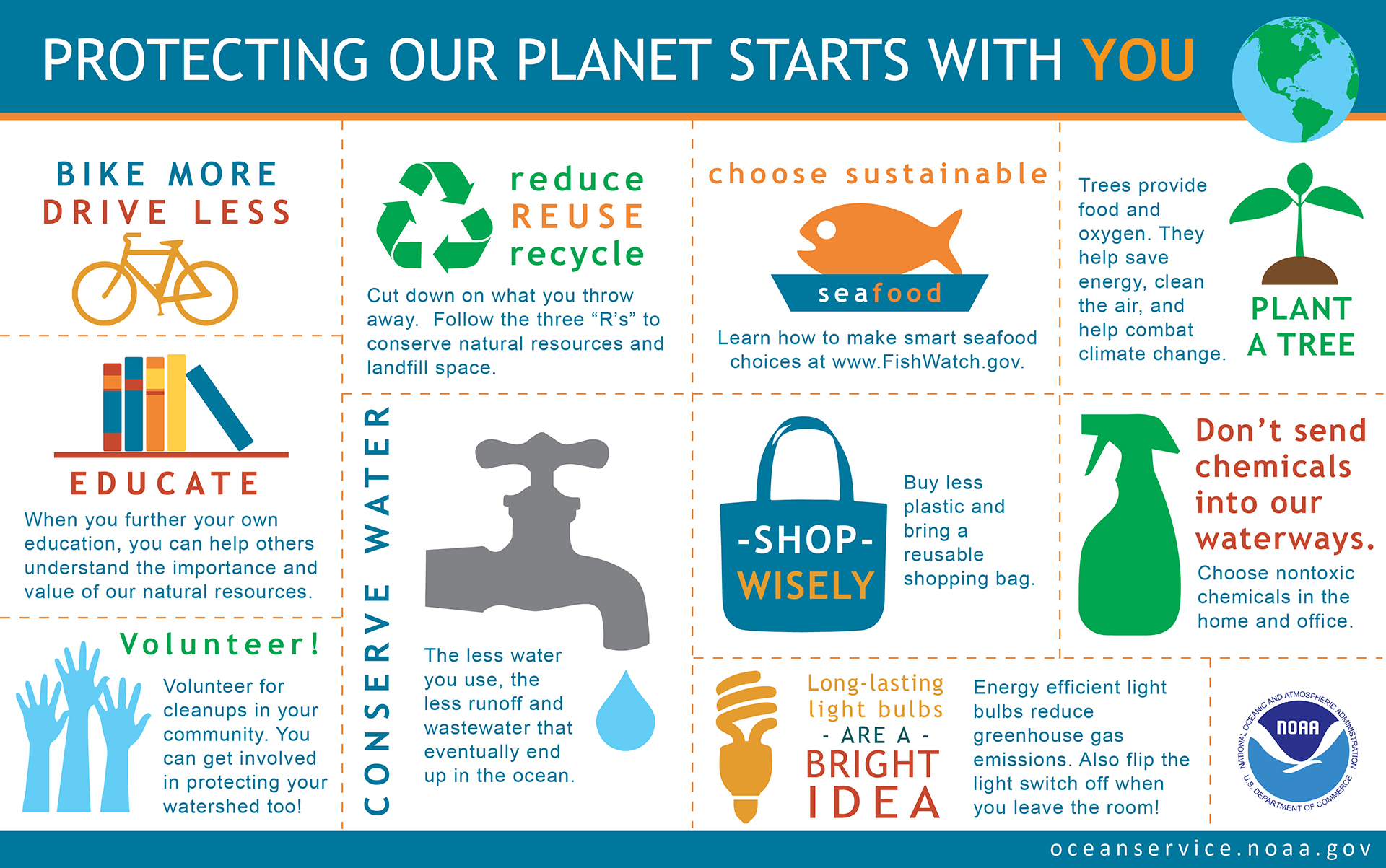
- Earth Day History
- 8 Ways Kids Can Help the Environment
Space
All of the planets, except for Earth, were named after Greek and Roman gods and godesses. Jupiter, Saturn, Mars, Venus and Mercury were given their names thousands of years ago. The other planets were not discovered until much later, after telescopes were invented. The tradition of naming the planets after Greek and Roman gods and goddesses was carried on for the other planets discovered as well. Mercury was named after the Roman god of travel. Venus was named after the Roman goddess of love and beauty. Mars was the Roman god of War. Jupiter was the king of the Roman gods, and Saturn was the Roman god of agriculture. Uranus was named after an ancient Greek king of the gods. Neptune was the Roman god of the Sea. Pluto, which is now classified as a dwarf planet, was the Roman god of the underworld. The name Earth is an English/German name which simply means the ground.
- Test Your Knowledge
Flora & Fauna
- Fun quiz for kids, part 1
- Fun quiz for kids, part 2

Ecology
- Science Video for Kids: Natural Resources of the Earth
- Learn about Pollution

